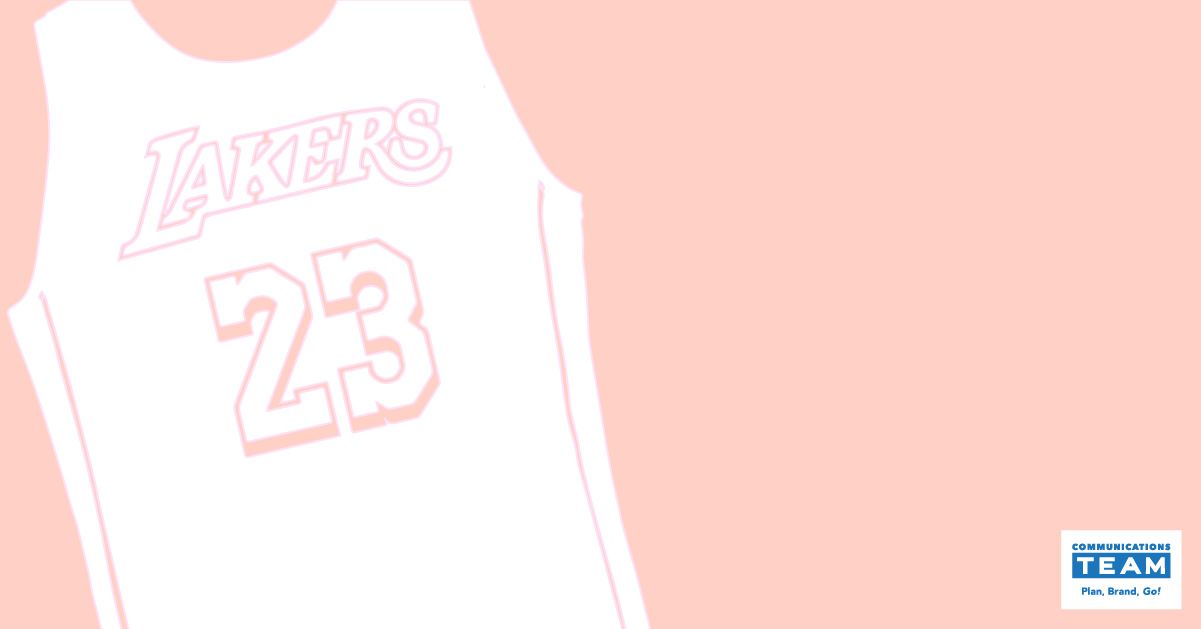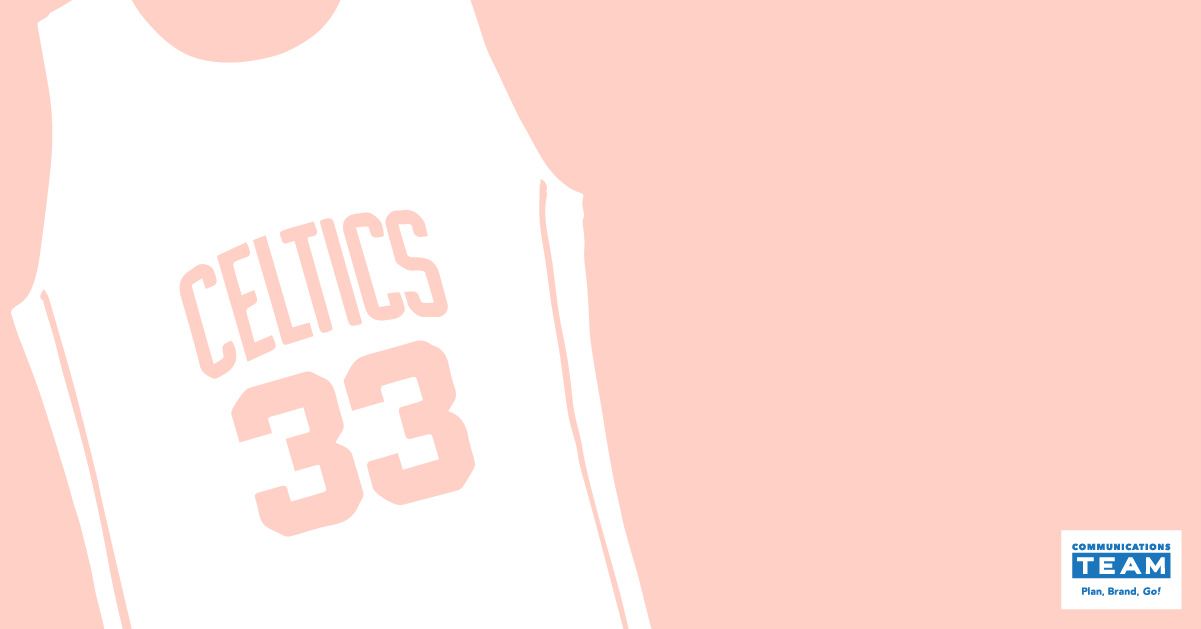When LeBron James played for the Miami Heat, a man walked into a San Francisco bar one afternoon to catch an NBA game, sidling up next to a woman who appeared to be in her 60s.
Miami was losing and the woman mentioned that she was from Cleveland, but there was something in the way she said it that left the man with the distinct impression that she was among the Cleveland fans left embittered by the “King’s” move from Ohio to South Beach.
As the Heat mounted a comeback, however, the woman became increasingly animated, raising her fists triumphantly in the air and exclaiming “Yes!” when LeBron hit a clutch shot. Amused, the man asked the woman: “I thought you didn’t like LeBron?”
“What in the world made you think that?” the woman responded, explaining that she’d only recently retired from the Cleveland Clinic Children’s Hospital and that LeBron was constantly visiting the kids, cheering them up, usually out of sight of news cameras.
“The only thing I hate about the young man is that he is not my son.”
If Larry Bird and Allen Iverson’s brands were based in their Everyman appeal, LeBron’s brand is a different animal, the down-to-earth Alpha Male, a kind of standard-bearer for American maleness.
That extraordinary quality has made LeBron the pitchman for everything from shoes to soda to cars in what may turn out to be the most successful global brand ever.’









Leave A Comment